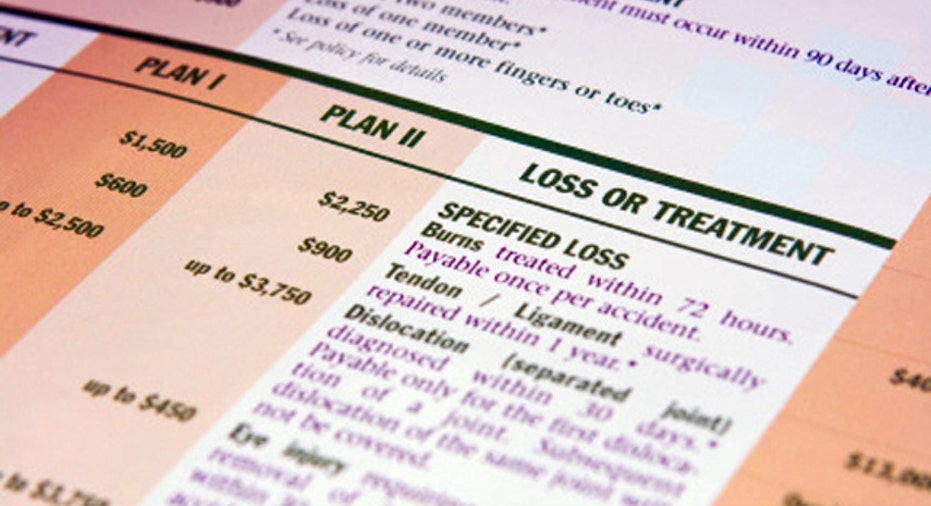Coming in 2014: Health Insurance Exchanges, Here's What You Can Expect

For months, consumers having been hearing about the impending health insurance overhaul thats slated to take place in 2014 with the introduction of health insurance exchanges (HIX). These exchanges, which have typically garnered bi-partisan support, aim to provide consumers and small businesses a marketplace to find health coverage through a competitive, private health insurance market.
Lawmakers are hoping the exchanges will create more industry competition by allowing consumers to band together to score better prices and more variety in health insurance plans.
Through these exchanges, consumers will be able to choose different health-care plans as well as arm themselves with information to help understand health insurance better.
The exchanges were a key component of the Affordable Care Act, which was signed into law last year. The Congressional Budget Office (CBO) estimates that 12 million consumers will buy health insurance in the exchange market in 2014.
According to the government website HealthCare.gov, Exchanges offer Americans competition, choice, and clout. Insurance companies will compete for business on a level and transparent playing field, driving down costs. Exchanges will have the same purchasing clout as big businesses and will give consumers a choice of plans to fit their needs.
If states are not able to create these health insurance marketplaces by the deadline, the federal government will step in and run the exchanges until the state is ready. With that said, there will be some basic federal requirements that each insurer offering products on exchanges must comply with it.
States will be able to decide if an exchange should be local, regional or operated by a nonprofit organization. States will also determine how to select participating plans and whether or not to team up with the United States Department of Health and Human Services to divide the work of running an exchange.
The exchanges will be targeted at individuals buying insurance on their own or small businesses with no more than 100 employees. According to the Kaiser Family Foundation, in the future, states will be able to include larger businesses in the exchanges if they want.
While some rules over exchanges are still being hammered out, consumers will most likely be able to search for and compare health-care plans, get answers to questions regarding their health coverage, find out if they qualify for health programs or tax credits that lower the cost and enroll in health plans.
The ability to compare plans based on things like deductibles, co-insurance, copayments and other out-of-pocket expenses, can be advantageous to consumers. The exchanges are also intended to provide consumers with information about a plans performance in encouraging wellness, managing reoccurring illnesses and customer satisfaction.
A website will be a cornerstone of an exchange and the government is requiring that an exchanges site provide standardized, comparative insurance information on the plans, include the ability to search, display information in a way that is accessible for those with limited English, disabilities or low literacy levels and allow individuals the ability to apply and enroll online.
As with any marketplace, oversight will be key in ensuring the market remains fair to consumers. In the case of exchanges, health plans that are part of the exchange have to be certified as Qualified Health Plans and must meet minimum standards set by the states. The exchanges themselves will ensure the plans meet the government criteria and will have the power to drop a plan if the price of the plan is too high or is raised.



















